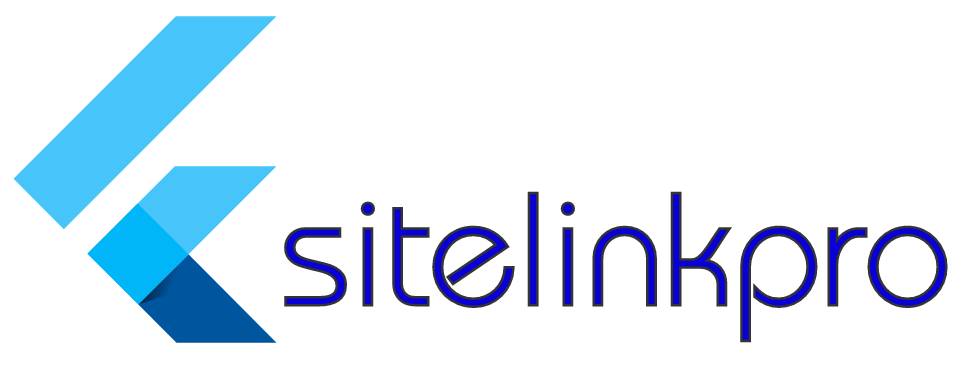
Artificial Intelligence (AI) is transforming various industries, and healthcare is no exception. The integration of AI into healthcare is revolutionizing patient care by enhancing diagnostic accuracy, personalizing treatment plans, and streamlining administrative tasks. This shift not only improves patient outcomes but also reduces the burden on healthcare professionals, leading to a more efficient and effective healthcare system.
Enhancing Diagnostics and Early Detection
One of the most significant impacts of AI in healthcare is its ability to enhance diagnostic processes. AI algorithms can analyze medical images such as X-rays, MRIs, and CT scans with remarkable accuracy, often surpassing human radiologists in detecting anomalies. For instance, AI-powered tools can identify early signs of diseases like cancer, enabling earlier intervention and improving the chances of successful treatment. In ophthalmology, AI systems have been developed to detect diabetic retinopathy and other eye diseases, offering the potential for early diagnosis and prevention of vision loss.
Moreover, AI is being used to analyze patient data to predict the onset of diseases. By examining electronic health records (EHRs), AI can identify patterns and risk factors that may not be immediately apparent to healthcare providers. This predictive capability allows for proactive measures, potentially preventing diseases before they become severe.
Personalized Treatment Plans
AI is also instrumental in developing personalized treatment plans. By analyzing a patient’s genetic makeup, lifestyle, and medical history, AI can suggest tailored treatment options that are more likely to be effective. This approach, known as precision medicine, moves away from the one-size-fits-all model, offering treatments that consider individual variability in genes, environment, and lifestyle.
In oncology, for example, AI can help identify the most effective treatment protocols for cancer patients based on the genetic characteristics of their tumors. This not only improves the likelihood of successful outcomes but also reduces the risk of adverse side effects, as treatments can be more accurately targeted.
Streamlining Administrative Tasks
Beyond clinical applications, AI is streamlining administrative tasks in healthcare, allowing professionals to focus more on patient care. AI-powered systems can automate routine tasks such as scheduling appointments, managing patient records, and processing insurance claims. This automation reduces the administrative burden on healthcare staff, minimizes errors, and accelerates processes.
Natural Language Processing (NLP), a subset of AI, is being used to transcribe and interpret clinical notes, making it easier for healthcare providers to access and understand patient information. This technology enables quicker and more accurate documentation, which is crucial for effective patient care and coordination among different healthcare professionals.
AI-Powered Tools and Resources
The integration of AI in healthcare is supported by various digital tools and resources that enhance both clinical and non-clinical tasks. For instance, Sitelinkpro offers a range of tools that can assist healthcare professionals in managing digital resources efficiently.
- PNG to JPG Converter: In healthcare, managing and sharing images is crucial, whether for diagnostic purposes or patient records. Sitelinkpro’s PNG to JPG converter allows users to easily convert images to a more universally accepted format without compromising quality. This is especially useful in medical imaging, where file compatibility can sometimes be an issue.
- English Dictionary: Communication is key in healthcare, and having access to a comprehensive English dictionary can be beneficial, especially in a multicultural environment. Sitelinkpro’s English dictionary tool helps healthcare professionals and patients understand complex medical terminology, ensuring clear and effective communication.
- Remove Image Background: Creating educational materials and presentations is a common task in healthcare. Sitelinkpro’s tool for removing image backgrounds can help in preparing professional-looking visuals by isolating key elements in medical images or diagrams, enhancing the clarity and impact of educational content.
Overcoming Challenges and Ethical Considerations
While AI offers numerous benefits in healthcare, it also presents challenges that need to be addressed. Data privacy and security are paramount, as AI systems rely on vast amounts of patient data. Ensuring that this data is protected and used ethically is crucial. Additionally, the integration of AI in healthcare requires a careful balance between technological advancement and human touch, ensuring that patient care remains compassionate and personalized.
Conclusion
AI is undoubtedly revolutionizing patient care, offering advancements in diagnostics, personalized treatment plans, and administrative efficiency. As AI technology continues to evolve, its integration into healthcare will likely become more seamless, leading to improved patient outcomes and a more efficient healthcare system. Tools like those offered by Sitelinkpro play a supporting role in this evolution, providing healthcare professionals with the digital resources needed to enhance their workflow and patient care.




